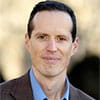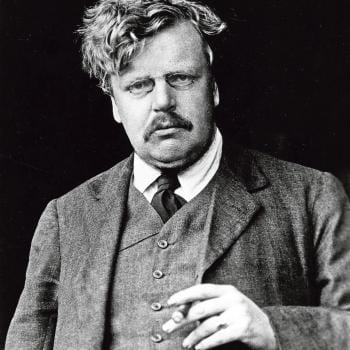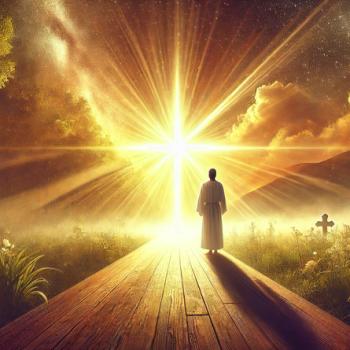 Imagine a nation that loved all its children so passionately that it built an entire social and economic structure around protecting them, nurturing them, fostering their growth, and supporting their every stage of life. The logic of this care for children would, of course, extend to the conditions by which those children entered the world. The nation would first care about young adults and their sexual choices.
Imagine a nation that loved all its children so passionately that it built an entire social and economic structure around protecting them, nurturing them, fostering their growth, and supporting their every stage of life. The logic of this care for children would, of course, extend to the conditions by which those children entered the world. The nation would first care about young adults and their sexual choices.
Young men and women would enter adulthood with a profound sense of how important the roles of mother and father are, and would shape their desires for relationships in large part around their roles as caretakers of children. They would receive powerful cultural messages that parents are the primary creators of community, and they would therefore be reluctant to engage in a serious relationship that did not have a basic commitment to the well-being of children. Young women would develop a strong sensibility that motherhood is a profound and beautiful vocation, and the culture would reinforce that sensibility. They would not perceive motherhood to be a second-best option for those who lacked talent for other more Important Jobs. Young men would rise to the challenges that young women set for them, especially that of fathering children through their whole lives.
When a woman had an unexpected pregnancy, families, faith communities, and civic organizations would be ready to help. If today's United States is any indicator, there would be more families ready to adopt than children who were adoptable.* Women in stressful pregnancies would receive the consistent message: We are ready to help. We will commit ourselves to fostering your health, your safety, your emotional well-being, your financial security, and your future happiness in relationships. And we will do the same for your child. We will help you keep and raise your child if you choose, but we will also help you choose to place your child for adoption so that you may be a gift to both a child and a new family.
These strong women would understand that in other nations where women have recourse to abortion, they do it because of social pressures that drive a wedge between sex and reproduction. They would learn the history of men's manipulation of women's bodies, from footbinding and circumcision to breast enlargement, plastic surgery, and hormonal contraception. They would see that societies that make random sex easy make the most vulnerable women beholden to the violent libidos of bad men, and they would lament the social pressures that make women want to be sexy to be noticed, and that make men want to be promiscuous to be relevant. They would make the connection that meaningless sex, because it is so unsatisfying to the human soul, ramps up the two-headed monster of libido and violence, and produces a vicious cycle of sex and abortion. They would marvel at how their sisters in other nations are victims of this cycle without knowing it. They would celebrate the hard-won progress of women's liberation that allowed them to fully embrace their bodies, their desires for relationships with good men, and their desires to be mothers, among other goods.
The young men would be repulsed by the kinds of attitudes they perceived in nations that didn't care for all their children. They would see many young men with nothing to strive for, no standards that women held them to. They would shake their heads at the pervasive addiction to pornography and the desperate clinging to adolescence. They would wonder how in the world their age peers found random sex more satisfying than the careful work of building a life, a relationship, a family, and a community. They would imagine it was because no one asked their young men to be heroes.
The citizens of this nation would learn the terrible stories of cultures around the world that did not support children, and weep at how these societies sold children into slavery, slaughtered newborns, forced sterilizations, and subjected marginalized women to dangerous back alley abortions. They would study the slow march of responses to these violent acts: from orphan trains that moved children off city streets to farms, to different kinds of foster care and orphanages, to the paradox of medical abortion. At each stage they would recognize the desperate cosmetic fixes to the larger social problem: these cultures thought only some children were worth caring about. They did not have their best and brightest using their most significant resources to care for mothers, fathers, and children.
These citizens would celebrate the fact that they lived in more enlightened times. Their young people would learn not to play games with sex and to treat reproduction with reverence. They would learn reverence for sexual otherness, and recognize in their own sexual desires the hints of deeper desires for being in love and working at love. They would work hard at their marriages. They would realize that the virtues of a loving marriage are precisely the virtues they wanted their children to learn so that they, too, might practice friendship, and thereby practice what it means to be happy. And they would live with constant reminders of the marvels of life, when it is shared with children.





